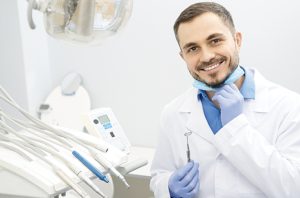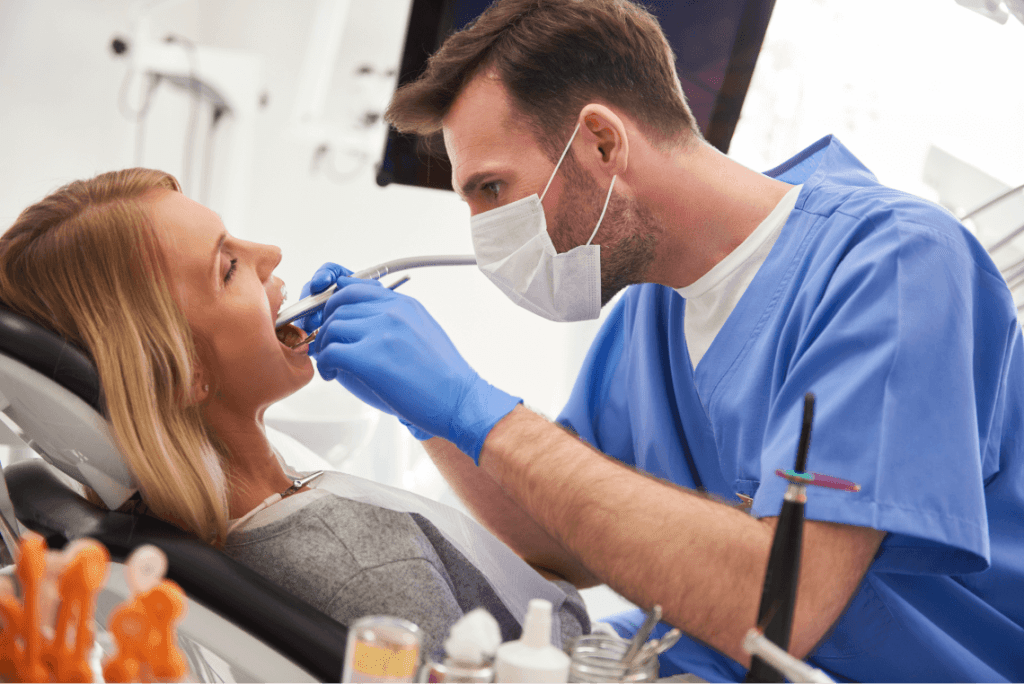You know that good oral hygiene is important for preventing tooth decay and gum disease. But there’s another reason to take good care of your teeth: bacteria in the mouth are associated with certain types of cancer, including pancreatic cancer, colorectal cancer, and cervical cancer. Numerous studies show that oral bacteria can increase the risk of cancer in several ways, including activating genes that trigger cancer growth and causing existing cancer cells to spread to other parts of the body.
How much bacteria is in your mouth?
The mouth is naturally full of bacteria and even certain types of fungi. In fact, the human mouth is home to more than 700 different types of bacteria, according to a study published by the Journal of Clinical Microbiology. But don’t panic — some of this bacteria is actually beneficial.
The array of bacteria in the mouth is all part of an ecosystem referred to as the oral microbiome. Just like the bacteria in your gut, some of this bacteria is harmful, while some of it is helpful. Good bacteria help you digest food and keep the bad bacteria in check. Bad bacteria, however, can lead to oral health problems such as bad breath, tooth decay, and gum disease.
How does oral bacteria contribute to cancer?
Bacteria in the mouth have the ability to circulate through the bloodstream and affect other parts of the body, even the heart and the brain. Medical experts have long known that conditions such as tooth decay and gum disease increase the risk of heart disease, as well as preterm birth in pregnant women.
Research also shows that when oral bacteria spread to parts of the body where cancer already exists, it can cause existing cancer cells to spread. This is important because 90 percent of cancer-related deaths are caused by tumors that have metastasized to another part of the body.
Oral bacteria and cervical cancer
A study published in Cancer Prevention Research showed that patients with poor oral health and an abundance of harmful pathogens in the mouth were 56% more likely to become infected with human papillomavirus (HPV) than those with good oral health. HPV is associated with 80% of all throat, tongue, and tonsil cancers, according to The Centers for Disease Control and Prevention. When HPV is left untreated, the disease can develop into cervical cancer in women.
Oral bacteria linked to colorectal cancer
Two different studies have also found that a certain bacteria in dental plaque known as Fusobacterium nucleatum may activate genes that cause colorectal cancer. The studies were published in the online version of Cell Host & Microbe.
Researchers had previously found that Fusobacteria from the mouth are abundant in tissues from patients with colorectal cancer, but it was unclear whether the bacteria actually trigger tumors.
The first study found Fusobacteria in benign tumors that can eventually become cancerous, suggesting that they may be involved in the early stages of cancer formation. Researchers also discovered that the bacteria can speed up the formation of tumors, using mice bred to have a form of colorectal cancer like that found in humans.
The second study found that Fusobacteria can stick to and invade cancer cells, triggering tumor growth.
Oral bacteria and pancreatic cancer
According to a study published in the journal Gut, gum disease is also linked to a high risk of pancreatic cancer. A separate study published in 2007 found that men who had a history of gum disease had a 64% higher risk of pancreatic cancer than men with healthy gums.
A newer study conducted by researchers at the British Dental Health Foundation found that a certain bacterium largely responsible for the development of gum disease is linked to a two-times greater risk of pancreatic cancer.
The study authors say that although the exact link between gum disease and pancreatic cancer is not yet proven or established, the findings are significant enough for researchers to continue working on uncovering the correlation between the two health conditions.
Lower your risk with good oral hygiene
Dental health experts advise patients to maintain good oral health to lower the risk of cancer. To further lower your cancer risk, ask your dentist about having mercury fillings in your mouth replaced with safer alternatives.
To practice good oral hygiene, brush your teeth for at least two minutes twice per day, floss daily, cut down on foods high in sugar, and visit your dentist regularly.
You can also improve your oral health by eating nutrient-rich foods that help strengthen teeth, drinking plenty of water, and chewing gum made with xylitol, which helps inhibit the growth of harmful oral bacteria.
Find a dentist
Need a dentist? DentalVibe dentists are committed to providing as close to pain-free dental visit as possible! Visit our directory to find a certified pain-free dentist near you and schedule your next appointment.
















